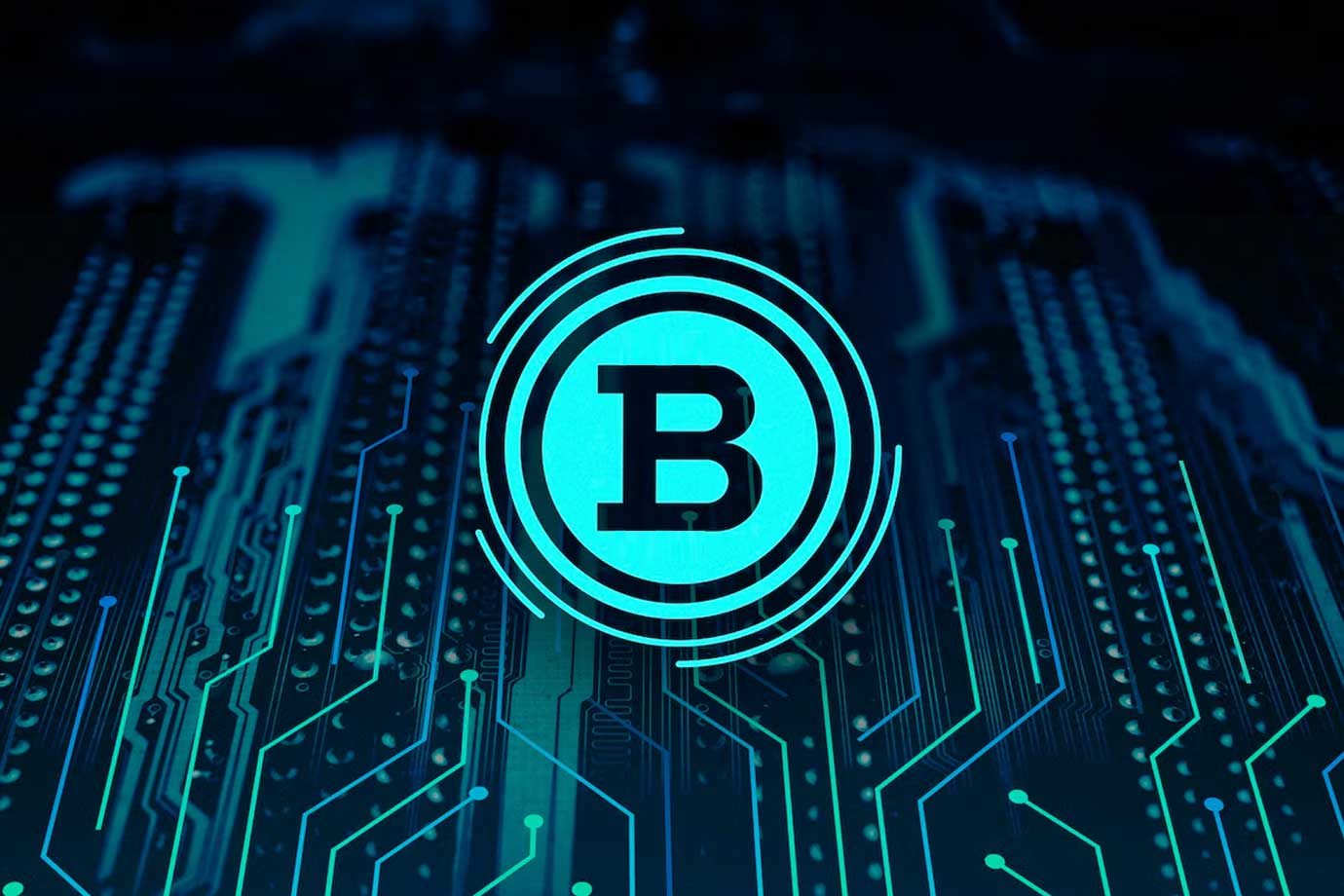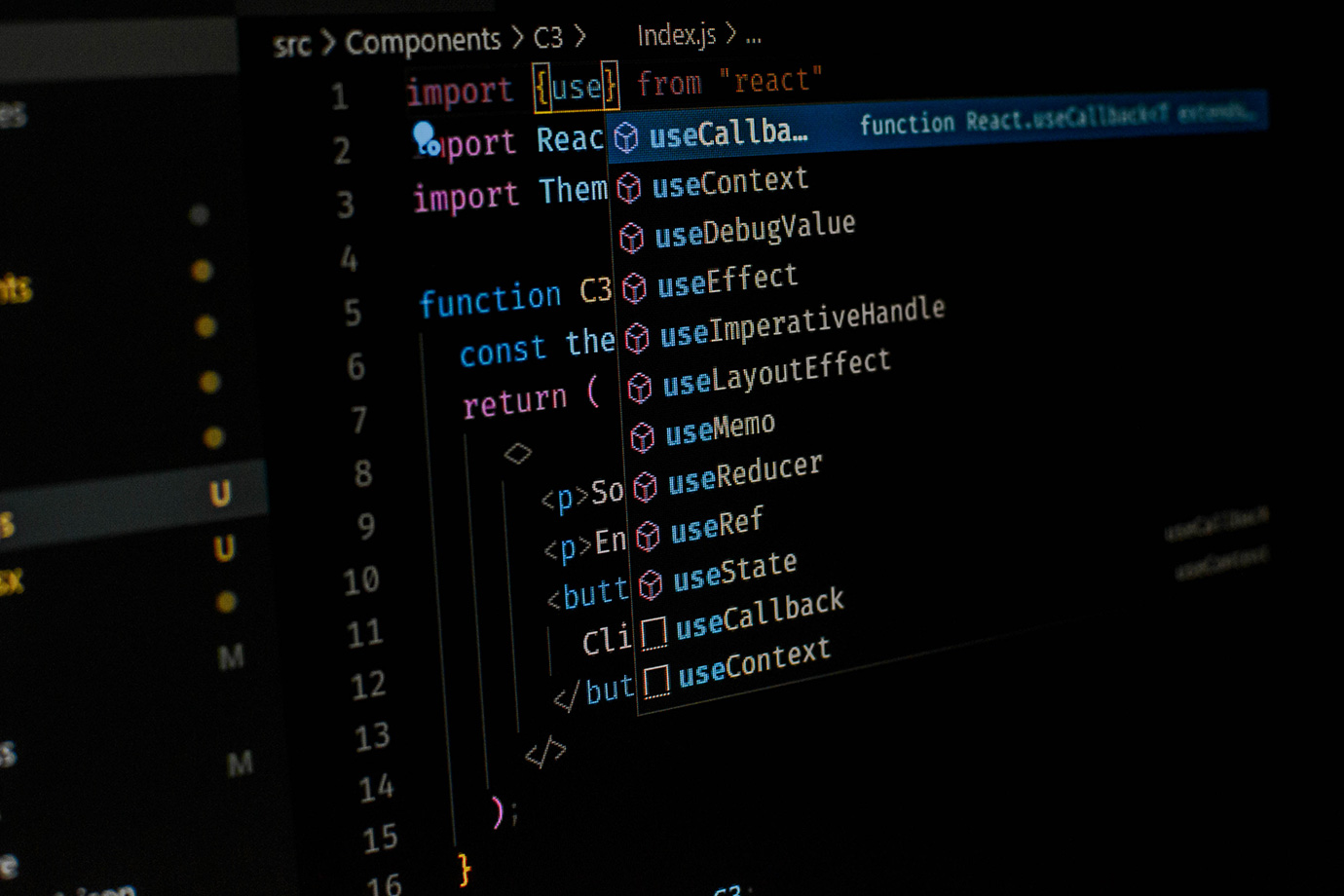Blockchain Beyond Cryptocurrency: Real-Life Applications

11 Apr 2025
Some emerging technologies are gaining momentum nowadays. One of them is Blockchain Technology, which is normally assumed to be similar to cryptocurrency, but indeed, it's quite a powerful tool to transform your overall business operations, security, and all in all, keeping a more transparent process.
This blog contains an understanding of how Blockchain technology is being used as a truly powerful tool beyond cryptocurrency.
What is Blockchain?
Blockchains are decentralized ledgers or distributed databases that are shared over computer networks. They are mostly utilized in cryptocurrency systems to facilitate safe, decentralized transactions. They can be used to make data unchangeable in any industry, which lessens the need for auditors and other trusted third parties. As a result, expenses and possible data entry errors are decreased.
Importance of Blockchain in cryptocurrency
Particularly with the rise of cryptocurrencies, blockchain technology is essential. It makes it easier to transfer value online without the need for middlemen like credit card companies or financial institutions. Blockchain technology makes cryptocurrencies adaptable and effective by avoiding centralization. Its security is guaranteed by an extensive peer-to-peer network of computer systems.
Cryptocurrencies like Bitcoin use blockchain technology to process and log transactions. Cryptocurrency and blockchain work together to protect networks from hackers and provide secure and reliable transactions, which maximizes value for currency holders.
Top 6 Real-Life Applications of Blockchain Technology
Other than cryptocurrency, blockchain technology is being used as a powerful tool in various other fields as well. Let’s examine a few of them.
1. Supply Chain Management
Blockchain technology augments transparency and traceability in a supply chain so that the entire supply chain process will be easily managed.
With a decentralized and unchanging ledger, blockchain allows businesses to find out how the commodities get from the source to the end consumer. It thereby improves effectiveness, reduces fraud, and raises transparency in operations.
Benefits:
Increase Transparency:
Every action is meticulously recorded, ensuring that each one is recognized, and this process is evident at every stage of the journey.Fraud Reduction:
All transactions are recorded on the blockchain. This makes it easy to spot any fraudulent activities and can save a lot of time in resolving them.Better Efficiency:
Automated record-keeping reduces manual intervention and speeds up the process.
Real-Life Examples:
Walmart:
Trace the source of food to ensure safety and efficiency in the consumption of the food.IBM Food Trust:
Collaborates with many organizations to supply blockchain-enabled technology solutions to manage the supply chain for greater transparency and reduced waste.
2. Healthcare Data Security
Blockchain is a good choice for storing sensitive medical information securely. It keeps records safe and prevents unauthorized access, ensuring their accuracy. This technology also helps different systems work together and gives patients more control over their health information.
Benefits:
Data Integrity:
Blockchain guarantees that healthcare records remain accurate and credible.Enhanced Security:
Decentralization reduces hacking or unauthorized access.Better Data Sharing:
It allows easy interaction between providers while safeguarding privacy.
Real-Life Examples:
MedRec:
Uses blockchain to develop a secure and interoperable patient health record system.Guardtime:
Design solutions based on blockchains for data security and ensuring privacy in healthcare systems.
3. Financial Services Beyond Cryptocurrencies
While most people would identify blockchain technology with encrypting cryptocurrency, the actual reform it is bringing in financial segments is more than mere digitizing of currency.
Cross-border transactions, smart contracts, and decentralized finance (DeFi) are a few among the many blockchain applications that help speed up transactions, drive costs down, and eliminate all intermediaries.
Benefits
Speed of Transaction:
Hence, the real-time internal transactions can be realized with the help of this technology, even across borders.Cost Efficiency:
Cutting away the middlemen while using the blockchain will result in reducing transaction fees.Greater Access:
Instead of depending on the banks for access to financial services, DeFi techniques running on blockchain will allow everybody into the open marketplace of financial services.
Real-time Examples:
Ripple:
A platform that uses blockchain to enable faster cross-border payments at relatively low costs.DeFi Platforms:
Using blockchain for decentralized borrowing and lending, these platforms include Uniswap and Compound.
4. Real Estate and Property Management
Billions of dollars are being invested in blockchain technology, which can transform real estate by creating secure systems for property transactions and title management.
This technology simplifies the process for customers and real estate agents by using automated smart contracts to manage ownership information. It eliminates the need for intermediaries and reduces potential issues.
Benefits:
Better Security:
The property ownership is recorded on a secure blockchain ledger, meaning the information can’t be changed.Minutes for Transactions:
Many processes of property transactions are automated by smart contracts, which keep up the pace.Less Fraud:
Using Blockchain property titles that are secure and verifiable is applied in real life.
Real-Life Examples:
Propy:
Using blockchain technology for international property transactions for real estate.Ubitquity:
Provides solutions in blockchain for managing titles in real estate and transaction transparency.
5. Intellectual Property and Copyright Protection
More and more people are using blockchain technology to manage intellectual property and digital rights. With non-fungible tokens (NFTs), an artist can claim ownership of their digital content and ensure that no one can alter their rights to it.
Benefits:
Record of Ownership by Security:
This enables the artist to prove ownership and even trace usages of his digital content.Monetizing Digital Assets:
Creators can easily make money from their works.Transparent rights management:
Clear and immutable ownership records give transparency and clear disputes for intellectual property rights.
Real-Life Examples:
Ethereum NFTs:
Artists and creators can create NFTs through Ethereum's blockchain for digital artwork toward setting the rights or ownership before reselling or earning royalties.Ascribe:
Allows creators to register their content as a copyright on the blockchain.
6. Voting and Governance
Blockchain-based voting systems have the potential to reduce voter fraud and increase election transparency. We can guarantee safe, accurate, and equitable voting by utilizing a decentralized ledger. Decentralized decision-making is another advantage of this strategy.
Benefits:
Added Transparency:
Blockchain claims that all votes are immutably recorded, providing good chances for not only transparency but also fairness.Voter Fraud-Free:
Voters and their votes are secure from fraud.Improved Governance:
Decentralizing decision-making from the government puts much power in the hands of communities.
Real-life examples:
Estonia:
The first country in the world to implement electronic votes through the blockchain.Follow My Vote:
A platform on blockchain to make voting safe and transparent online.
Conclusion
Beyond cryptocurrencies, blockchain has the potential to transform organizations in a variety of ways. Enhancing healthcare data security, expanding supply chain transparency, and reinventing real estate operations are just a few of its many fascinating real-world applications. The influence of blockchain technology will only increase as more businesses use it.
Learn how blockchain can transform your industry today with NanoByte Technologies. We provide top-notch solutions and are dedicated to offering advanced blockchain services designed to meet your business needs.



.jfif)

